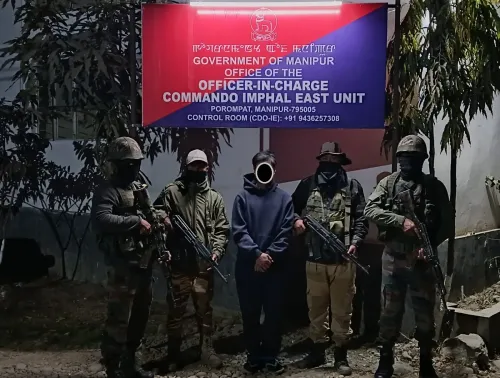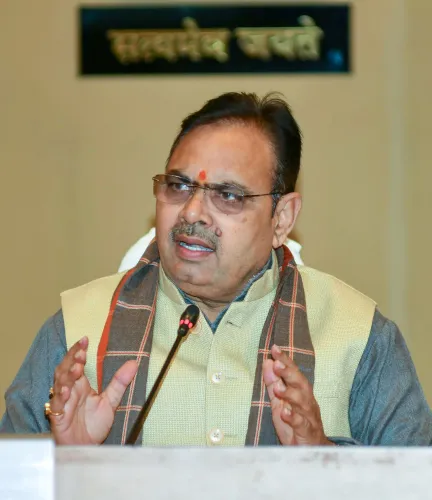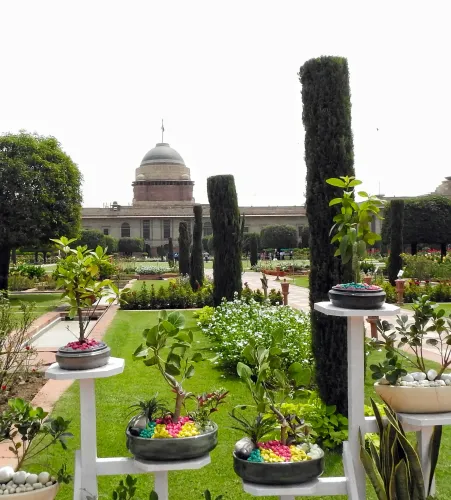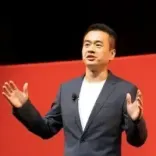How is India Enhancing Trade Partnerships at G20 Trade and Investment Ministers’ Meeting?
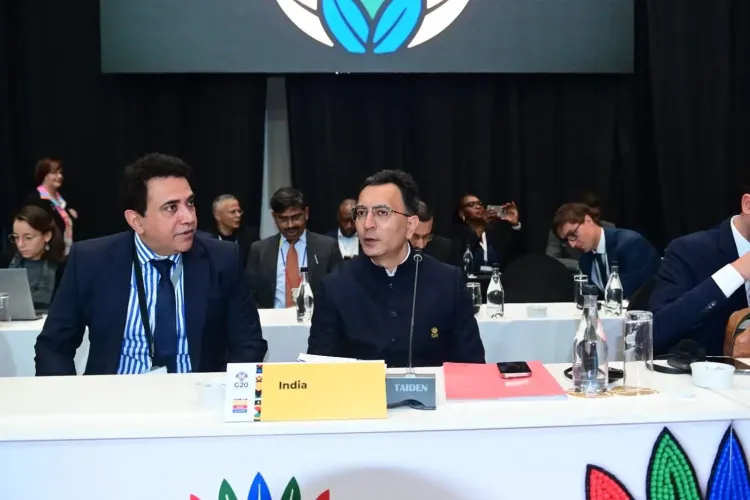
Synopsis
Key Takeaways
- Strengthening trade and technology partnerships was a primary goal.
- Collaboration in manufacturing, digital, and clean technologies discussed.
- Focus on MSME participation and skill development.
- Advancing innovation and logistical efficiency for inclusive growth.
- Commitment to a rules-based multilateral trading system underscored.
New Delhi, Oct 11 (NationPress) India engaged in discussions to strengthen trade and technology partnerships, along with collaboration in manufacturing, digital, and clean technologies with multiple nations during bilateral sessions at the G20 Trade and Investment Ministers’ Meeting (TIMM) in Gqeberha, South Africa.
Union Minister of State for Commerce and Industry, Jitin Prasada, took part in the meeting proceedings and held bilateral discussions with representatives from member countries.
In a meeting with Parks Tau, Minister of Trade, Industry and Competition from South Africa, both parties explored ways to deepen trade and technology partnerships, enhance value-chain linkages, and identify investment opportunities. They concurred on advancing work on standards, MSME participation, and skill development.
As per ministry sources, discussions with Yeo Han-Koo, Minister of Trade, Industry and Energy from the Republic of Korea, revolved around collaboration in manufacturing, digital technologies, and clean technologies. Both sides agreed to investigate joint initiatives in electronics, EV components, and secure digital supply chains.
During a meeting with the State Secretary for Foreign Trade and Development Cooperation from the Kingdom of the Netherlands, both parties reviewed strategies to fortify trade relations and promote inclusive growth through innovation, logistical efficiency, and sustainable partnerships, including support mechanisms for MSMEs.
In discussions with Koga Yuichiro, State Minister of Economy, Trade and Industry from Japan, the focus was on strategic trade relationships and innovation-led industrial cooperation, emphasizing resilient supply chains and advanced manufacturing.
Prasada also met with Liz Lloyd, UK Minister for Digital Economy, to enhance India–UK trade and collaboration in the digital economy.
In WTO discussions, Prasada highlighted India's commitment to a rules-based, transparent, and inclusive multilateral trading system based on the MFN principle and non-discrimination. He advocated for the restoration of a fully functional, two-tier dispute settlement system with an operational appellate body.
The minister reiterated a development-focused reform agenda, stressing the importance of meaningful special and differential treatment linked to capacity gaps and developmental needs.


